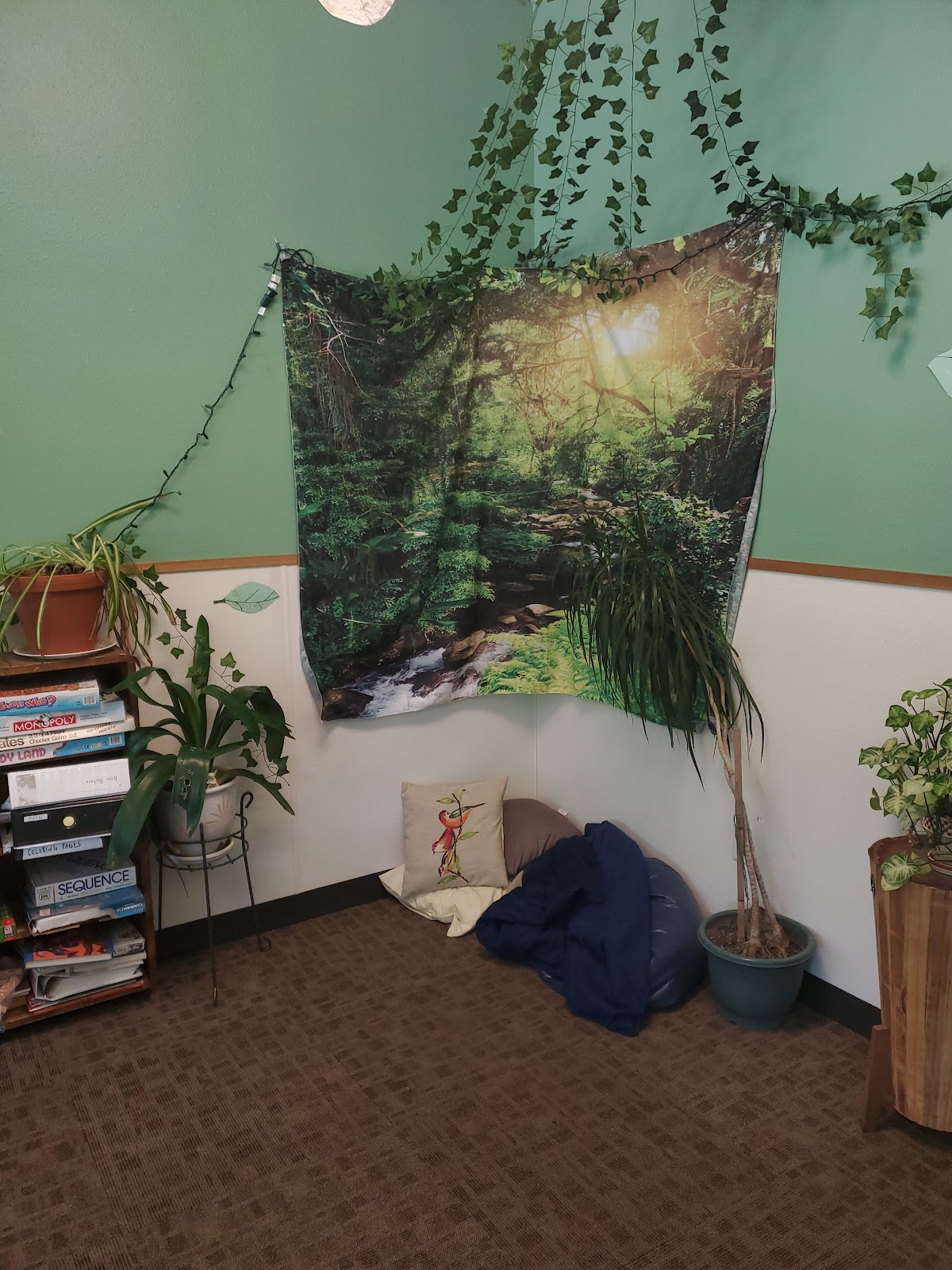Northwest Journey (NWCGC)

Overview
Northwest Journey (NWCGC) is a mental health treatment center for people seeking treatment near Wood County. As part of their treatment modalities for recovery, Northwest Journey (NWCGC) provides couples/family therapy during treatment. Northwest Journey (NWCGC) is located in Wisconsin Rapids, Wisconsin, accepting medicaid for treatment.
Northwest Journey (NWCGC) at a Glance
Payment Options
- Medicaid
- State-financed health insurance plan other than Medicaid
- Private health insurance
- State mental health agency (or equivalent) funds
- State welfare or child and family services funds
Assessments
- Comprehensive mental health assessment
- Comprehensive substance use assessment
Age Groups
- Young adults
- Children/adolescents
Ancillary Services
- Intensive case management
- Case management service
- Court-ordered outpatient treatment
- Family psychoeducation
- Psychosocial rehabilitation services
Treatment At Northwest Journey (NWCGC)

Conditions Treated
Mental health treatment:
Mental health treatment involves a range of therapeutic approaches, provided by licensed professionals, to address mental health challenges. It includes psychotherapy, medication, and holistic practices to help individuals manage conditions, improve coping skills, and enhance overall well-being. The goal is to empower individuals to lead fulfilling lives and reduce the stigma surrounding mental health.
Substance use treatment:
Substance use rehabilitation is a comprehensive treatment approach designed to assist individuals struggling with addiction to drugs or alcohol. This form of rehabilitation addresses both the physical dependency, often starting with detoxification, and the psychological triggers, using various therapeutic methods. The objective is to empower individuals to achieve and maintain sobriety, while equipping them with the tools and coping strategies needed to reintegrate into society and lead a substance-free life.
Co-occurring Disorders:
Dual-diagnosis rehabilitation centers often offer the most suitable approach for addressing concurrent mental health and substance abuse issues. These facilities typically employ a team of medical and behavioral specialists who utilize a variety of interventions and create a conducive healing environment to support your journey toward lasting recovery. Their comprehensive treatment approach typically encompasses evidence-based therapies such as cognitive-behavioral therapy, recovery support meetings, 12-step facilitation, psychoeducation, skills training, and group therapy to help you achieve and maintain long-term wellness.

Levels Of Care
Partial Hospitalization Program:
A Partial Hospitalization Program (PHP) is a structured short-term intensive rehabilitation service primarily aimed at individuals with acute symptoms that are challenging to manage but do not necessitate round-the-clock care. PHPs typically run 3-5 days a week for about 6 hours each day, from 1 to 6 months, offering structured activities such as individual and/or group therapy. While some PHPs offer residential facilities allowing patients to stay overnight, others operate on a non-residential basis, enabling patients to return home each evening.

Treatment Modalities
Couples/family therapy:
Couples Therapy during rehab is a specialized counseling program designed to support couples who are navigating the challenges of addiction recovery together. This form of therapy provides a safe and structured environment where couples can address the impact of substance abuse on their relationship and work towards healing and growth as a team. By addressing both individual and shared issues, couples in rehab can strengthen their bond and increase their chances of sustained recovery, fostering a healthier and happier future together.
Group counseling:
Group counseling provides a supportive environment where individuals share personal experiences and insights, under the guidance of a professional counselor. It facilitates self-awareness, fosters interpersonal learning, and helps members work through personal and relational challenges. Through shared dialogue and reflection, individuals learn coping strategies, gain emotional support, and experience personal growth within a communal setting.
Cognitive behavioral therapy:
Cognitive Behavioral Therapy (CBT) is a widely practiced form of psychotherapy that seeks to address dysfunctional emotions, behaviors, and thoughts through a goal-oriented, systematic process. It encourages individuals to challenge distorted cognitions and change destructive patterns of behavior by promoting self-awareness and effective coping strategies. CBT is often used to treat a range of disorders including anxiety, depression, and stress, making it a versatile and practical therapeutic approach. Through enhancing an individual's capacity to manage life's challenges, CBT contributes to improved mental well-being and overall quality of life.
Dialectical behavior therapy:
Dialectical Behavior Therapy (DBT) is a cognitive-behavioral approach specifically designed to help individuals regulate emotions, enhance interpersonal effectiveness, develop distress tolerance, and increase mindfulness. In addiction treatment, DBT equips individuals with practical skills to manage triggers, cope with stressors, and build a life worth living without resorting to substance use. By addressing both the emotional and behavioral challenges of addiction, DBT fosters personal growth and long-term recovery.
Activity therapy:
Activity therapy is a therapeutic method aimed at aiding individuals in their journey to overcome physical dependencies or emotional hurdles. This therapeutic approach primarily seeks to engage individuals in imaginative activities that encourage favorable shifts in their thought processes. Activity therapy can be administered through individual sessions with a therapist or within a group context. Its overarching goal is to mitigate stress and anxiety while nurturing enhanced self-assurance and refined social interaction abilities.
Telemedicine/telehealth therapy:
Telehealth Therapy allows individuals to access mental health services remotely via secure video conferencing. This level of care offers qualified therapy from the comfort of one's home, removing geographical barriers and often reducing wait times. Ideal for those with mobility challenges, tight schedules, or those in rural areas, it combines convenience with consistent, high-quality mental health support.
Ancillary Services
Special Programs
- Clients with co-occurring mental and substance use disorders
- Clients who have experienced trauma
- Children/adolescents with serious emotional disturbance (SED)
- Persons with post-traumatic stress disorder (PTSD)
- Persons with eating disorders
Contact Information
DISCLAIMER: The facility name, logo and brand are the property and registered trademarks of Northwest Journey (NWCGC), and are being used for identification and informational purposes only. Use of these names, logos and brands shall not imply endorsement. BetterAddictionCare.com is not affiliated with or sponsored by Northwest Journey (NWCGC).

